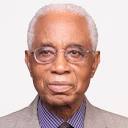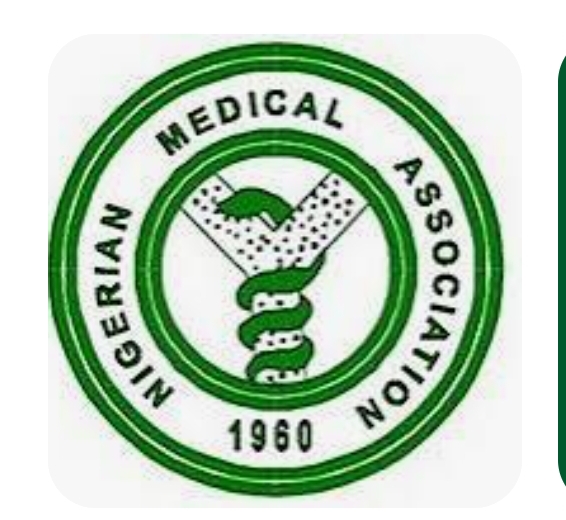Foundation President of the Nigerian Academy of Medicine (NAMED), Emeritus Prof Samuel Ohaegbulam has decried declining recognition of excellence in Nigeria, saying it was not just an administrative failure but national tragedy.
Ohaegbulam, specifically lamented the neglect of the Nigerian National Order of Merit (NNOM) award, established as an act of the federal government in 1979 as a symbol of national pride, to honour the finest brains in Medicine, Science, Engineering and the Humanities.
He said that in the past three years, the Nigerian National Merit Award (NNMA) domiciled at the Merit House Abuja, had been starved of funding, unable to carry out its annual competitive process to identify and honour not more than four recipients of the Nigerian National Order of Merit (NNOM).
Speaking on the theme, “Nigeria’s Path to greatness: Quality and Meritocracy”, at the 2025 Annual Lecture, Induction Ceremony and Scientific conference of NAMED, Ohaegbulam, a Neurosurgeon, insisted that a country loses its soul when it stops recognising merit.
“It is inconceivable that while vast sums are spent on political pageantry, an institution enshrined by law is denied the modest resources needed to fulfill its mandate. What message are we sending to our youth, our scholars, and our innovators?
“Our Academy should work to unify Nigeria’s intellectual forces—Medicine, Science, Engineering, and the Humanities—because no nation can suppress excellence and still expect progress. The consequences of neglecting merit are already visible: rising corruption, deepening insecurity, and a crumbling education system”, he observed.
He said the Academy of Medicine was deeply concerned about the deteriorating state of the health sector, which according him had been compounded by inadequate budgetary allocations, as well as lack essential diagnostic tools like CT and MRI machines in the hospitals and tertiary institutions.
He noted that the situation which had been worsened by poor remuneration had demoralised practitioners that a good number of them were leaving the country, stressing that the Universal Health Insurance Scheme which could have served as a game-changer was hampered by weak enforcement of the law.
While however commending the efforts at expanding the National Health Insurance and prioritising vulnerable populations, he said they must be matched by sustained reforms and political will to address the numerous challenges.
On the quality of medical education, Ohaegbulam said that Nigerians should be concerned about the quality of undergraduate medical education in the country.
“The Universities are not adhering strictly to their approved quota, resulting in the unacceptable numbers of students in a class. Some classes have over 400 students. Even if the academic staff strength were commensurate with such numbers, institutions would still struggle to provide adequate infrastructure, equipment and mentoring for all. Postgraduate medical education also faces challenges, although not from large numbers but ironically, rather struggling to find trainees, since those that graduated prefer to seek greener pastures overseas”, he said
He said that even with the over 280 universities, Nigeria’s representation in global university rankings remained dismal, stressing that countries with fewer but better funded and well-managed institutions outperforms Nigeria in innovation, research output, and graduate employability, hence the need to rethink Nigeria’s University boom.
“By spreading limited resources across more universities, we risk weakening the entire system. Lecturers are overworked and underpaid, facilities are neglected, and research is stifled. Instead of deepening excellence, we are diluting it.
“Education is the backbone of any nation’s progress. But when expansion is driven by politics rather than purpose, we risk building castles on sand. Nigeria doesn’t need more universities—it needs better ones. The future of our youth, our healthcare system, and our national development depends on it”, he added
Ohaegbulam, whose three year tenure ended with the 2025 annual lecture, urged stakeholders, government, academia, civil society—to recommit to the values of merit, excellence, and integrity to build a prosperous country.
Ends




